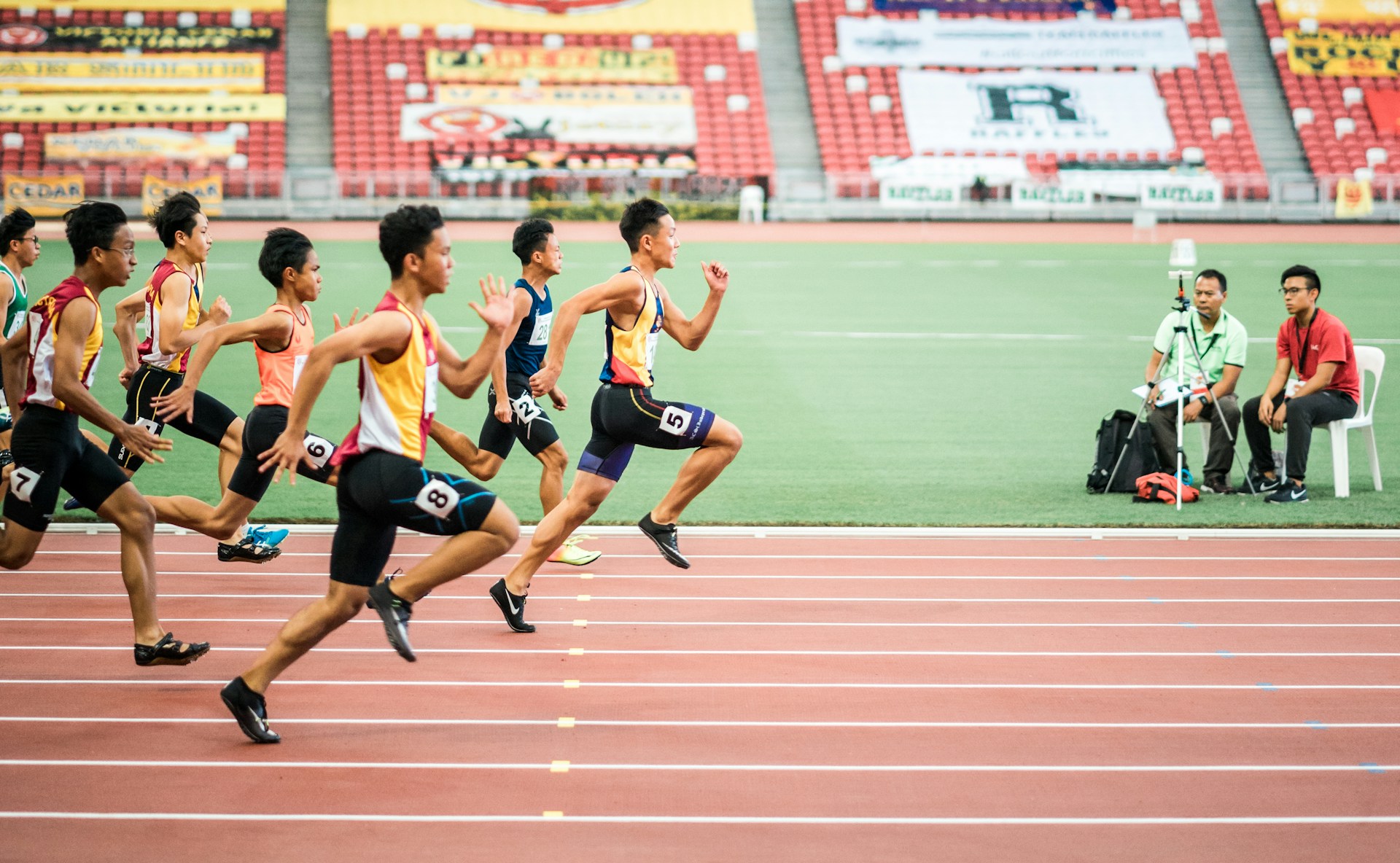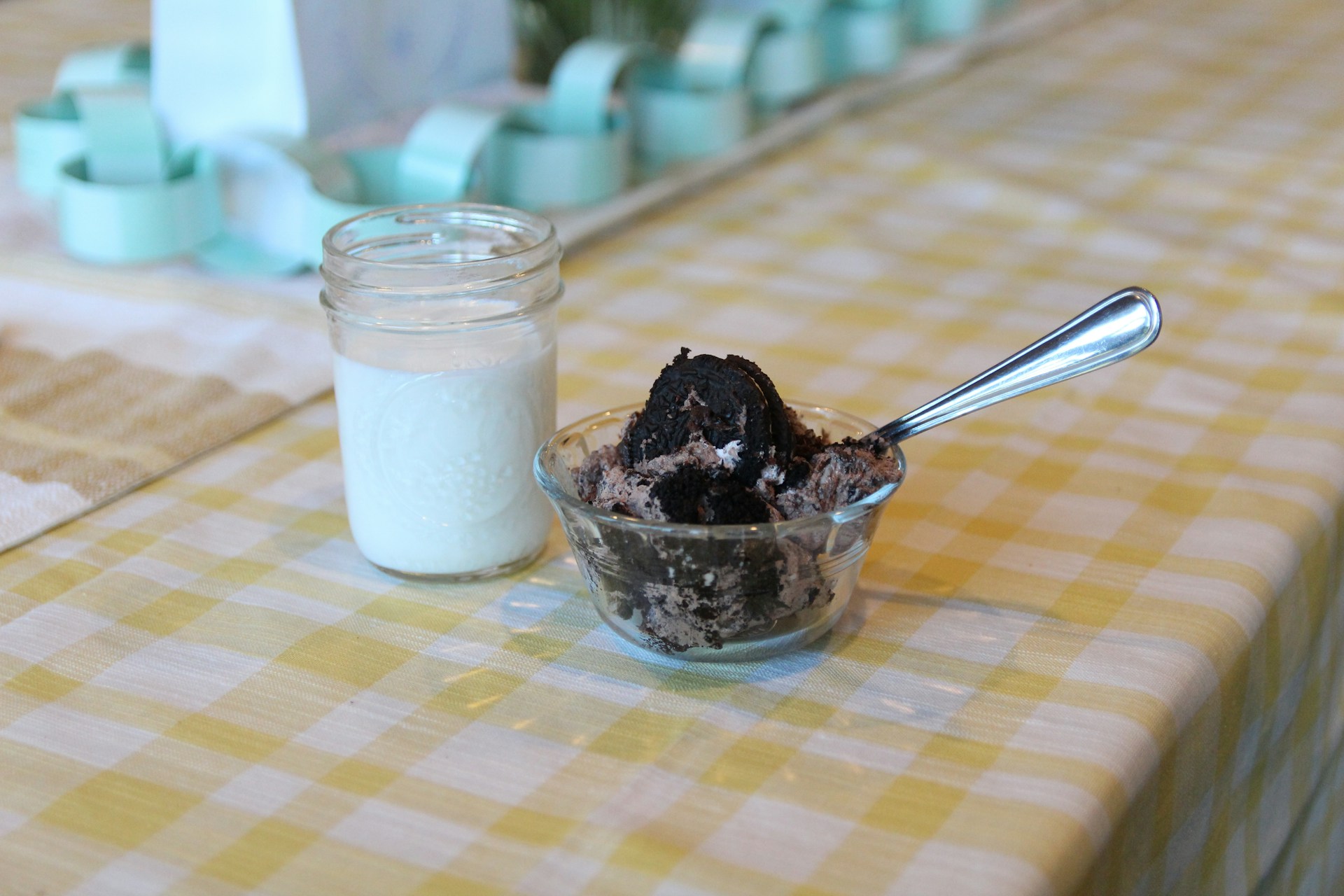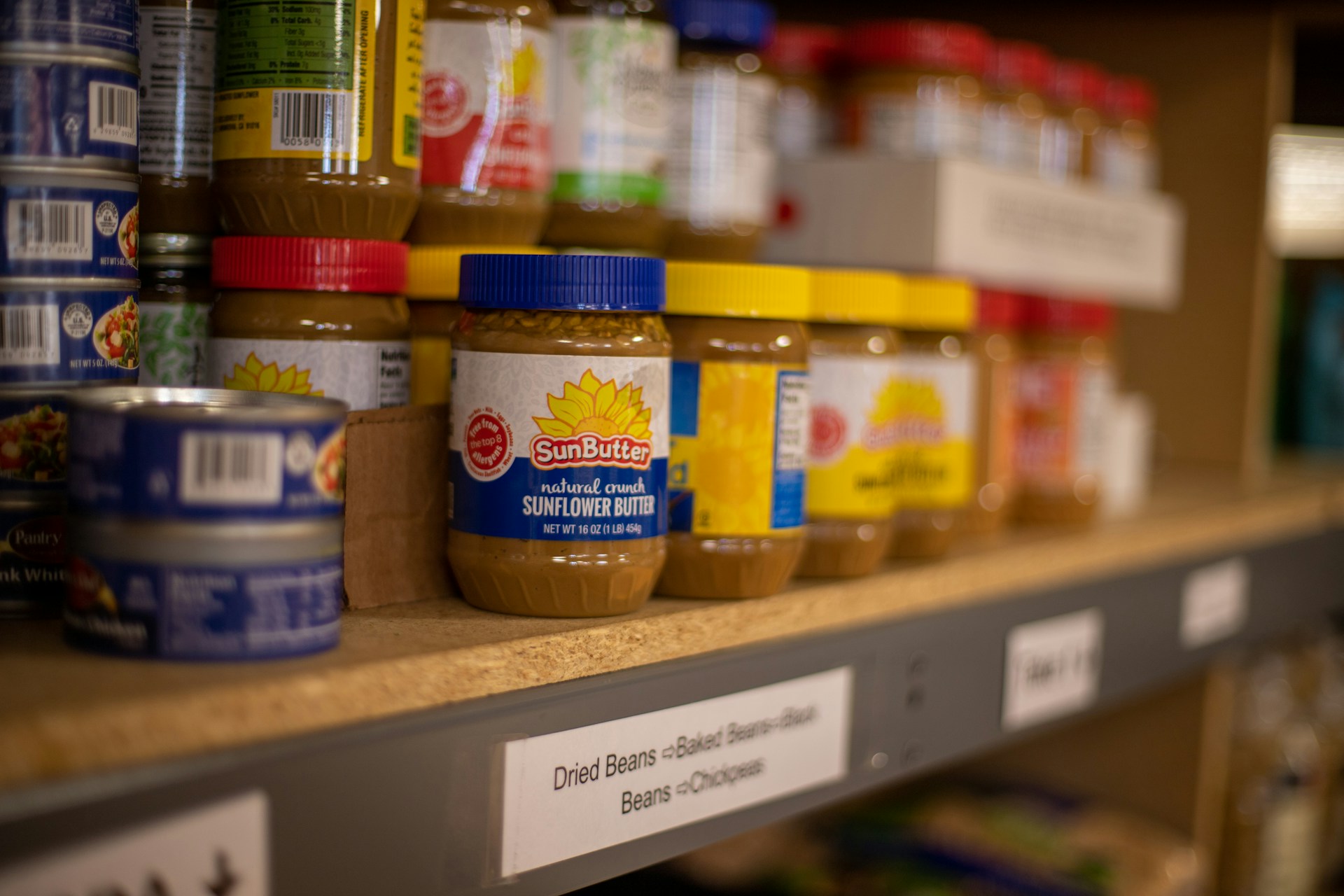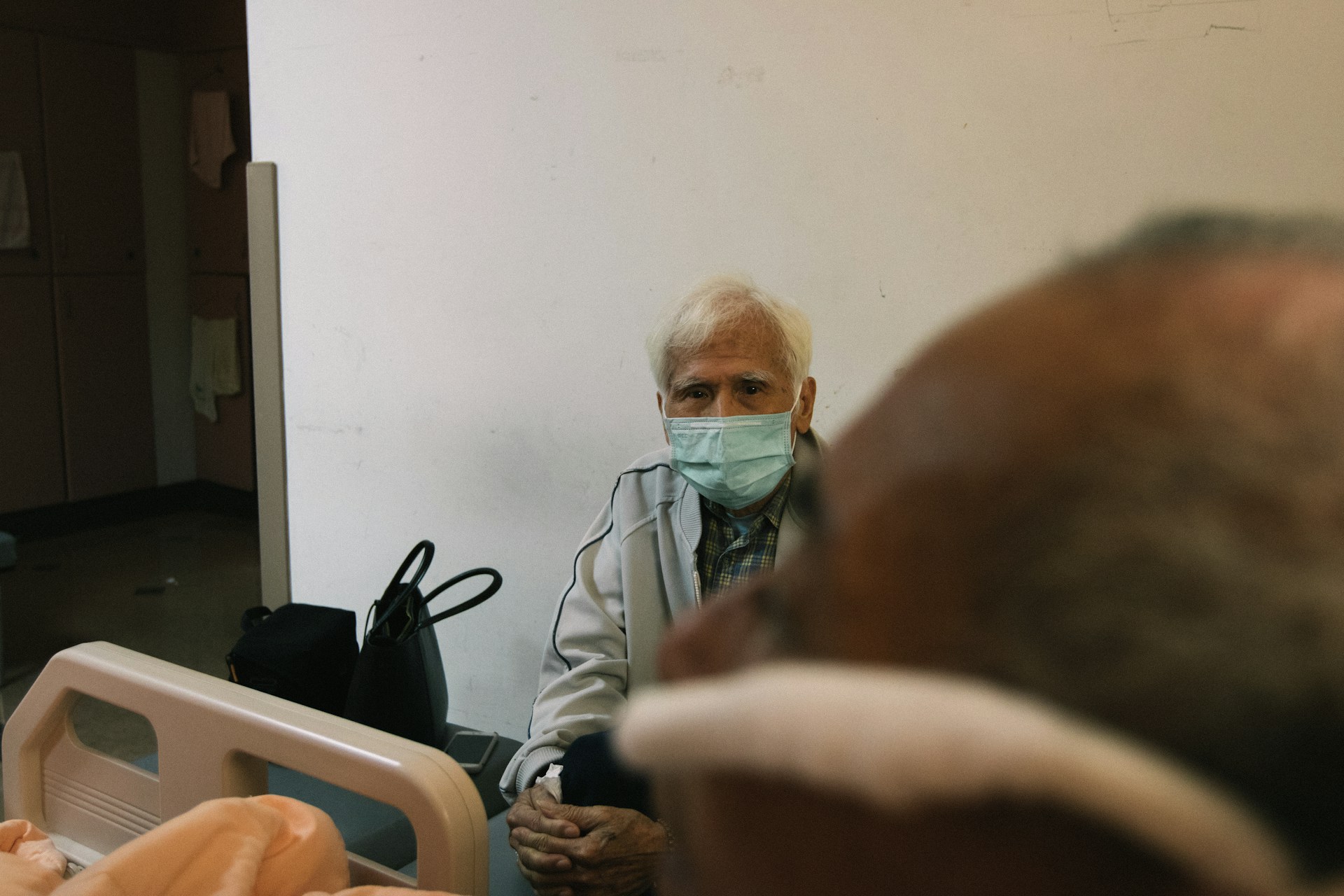Determinan Pemberian ASI Eksklusif: Analisis Data Sekunder Survei Demografi dan Kesehatan 2017
Downloads
Latar Belakang: Angka Kematian Bayi merupakan salah satu masalah kesehatan utama di Indonesia. Pemberian ASI eksklusif kepada bayi merupakan salah satu cara efektif agar dapat menurunkan Angka Kematian Bayi di Indonesia. Cakupan ASI eksklusif pada tahun 2017 sebesar 52%, hal tersebut telah memenuhi minimal 50% dari target nasional namun cakupan ASI eksklusif menurun seiring dengan pertambahan usia anak.
Tujuan: Penelitian ini bertujuan untuk menentukan faktor yang mempengaruhi pemberian ASI eksklusif di Indonesia.
Metode: Penelitian ini menggunakan data sekunder Survei Demografi dan Kesehatan Indonesia 2017 dengan desain cross-sectional. Sampel penelitian berjumlah 1.435 yang terdiri dari ibu yang memiliki anak berusia 0-5 bulan terakhir yang masih hidup, tidak memiliki anak kembar, tinggal bersama anaknya dan masih menyusui. Analisis data menggunakan analisis bivariabel metode chi-square dan analisis multivariabel metode regresi logistik berganda.
Hasil: Ibu yang memiliki anak yang berusia 0 – 1 bulan berpeluang 22,835 kali lebih tinggi untuk ASI eksklusif dibanding anak usia 4 – 5 bulan (OR 22,835; CI 95% 11, 033 – 47,261), begitu pula pada ibu yang memiliki anak yang berusia 2 – 3 bulan berpeluang tinggi untuk ASI eksklusif juga. Ibu dengan pendidikan tinggi 3,383 kali berpeluang lebih tinggi untuk ASI eksklusif dibanding ibu yang tidak sekolah (OR 3,383; CI 95% 0,999 – 11,461), hal yang sama berlaku pada ibu dengan pendidikan menengah dan pendidikan dasar yang memiliki peluang tinggi untuk ASI eksklusif juga. Ibu dengan tingkat status ekonomi atas berpeluang 1,670 kali lebih tinggi untuk ASI eksklusif dibanding ibu dengan tingkat status ekonomi bawah (OR 1,670; CI 95% 1,102 – 2,529), hal yang sama berlaku pada ibu dengan tingkat status ekonomi menengah yang memiliki peluang tinggi untuk ASI eksklusif juga.
Kesimpulan: Hasil penelitian menunjukkan bahwa faktor-faktor yang mempengaruhi pemberian ASI eksklusif antara lain: usia anak, tingkat pendidikan ibu dan status ekonomi.
Badan Pusat Statistik, Badan Kependudukan dan Keluarga Berencana Nasional, Kementrian Kesehatan & USAID. Survei Demografi dan Kesehatan 2017. Jakarta: BPS, BKKBN & Kementerian Kesehatan (2017).
World Health Organization. Exclusive breastfeeding for optimal growth, development and health of infants. Available at: http://www.who.int/elena/titles/complementary_feeding/en/ (2020). (Accessed: 26th Juny 2020).
Peraturan Pemerintah, R. I. Peraturan Pemerintah Republik Indonesia Nomor 33 Tahun 2012. Jakarta: Pemerintah Republik Indonesia (2012).
Damayanti, D. Asyiknya minum ASI. (Gramedia Pustaka Utama, 2013).
Notoatmodjo, S. Promosi Kesehatan, Teori & Aplikasi, ed. revisi 2010. (Penerbit Rineka Cipta, 2010).
Suparmi, S., & Saptarini, I. Determinan Pemberian Asi Eksklusif: Analisis Data Sekunder Survei Demografi Dan Kesehatan Indonesia 2012. Indones. J. Reprod. Heal. 5, 15–21 (2014).
Onah, S., Osuorah, D. I. C., Ebenebe, J., Ezechukwu, C., Ekwochi, U., & Ndukwu, I. Infant feeding practices and maternal socio-demographic factors that influence practice of exclusive breastfeeding among mothers in Nnewi South-East Nigeria: A cross-sectional and analytical study. Int. Breastfeed. J. 9, 1–10 (2014).
Kemenkes RI. Laporan Nasional Riset Kesehatan Dasar (Riskesdas) 2018. Jakarta: Kemenkes RI (2018).
Seifu, W., Assefa, G., & Egata, G. Prevalence of exclusive breast feeding and its predictors among infants aged six months in Jimma Town, Southwest Ethiopia, 2013. J. Pediatr. Neonatal Care 1, 1–6 (2014).
Ulfah, A., Sahli, Z., Nusadewiarti, A., & Angraini, D. I. Hubungan Tingkat Pendidikan Dan Pengetahuan Ibu Mengenai Air Susu Ibu (ASI) Dengan Riwayat Pemberian ASI Eksklusif Di Rumah Sakit Ibu Dan Anak Bunda Asy-Syifa Kota Bandar Lampung. J. Major. 3, (2014).
Lindawati, R. Hubungan Pengetahuan, Pendidikan dan Dukungan Keluarga dengan Pemberian ASI Eksklusif. Faletehan Heal. J. 6, 30–36 (2019).
Mogre, V., Dery, M., & Gaa, P. K. Knowledge, attitudes and determinants of exclusive breastfeeding practice among Ghanaian rural lactating mothers. Int. Breastfeed. J. 11, 1–8 (2016).
Pitaloka, D. A., Abrory, R., & Pramita, A. D. Hubungan antara Pengetahuan dan Pendidikan Ibu dengan Pemberian ASI Eksklusif di Desa Kedungrejo Kecamatan Waru Kabupaten Sidoarjo Correlation between Knowledge , Education and Exclusive Breastfeeding among Mothers in Kedungrejo Village , Waru Sub-distric. Amerta Nutr. 2, 265–270 (2018).
Ratnasari, D., Paramashanti, B. A., Hadi, H., Yugistyowati, A., Astiti, D., & Nurhayati, E. Family support and exclusive breastfeeding among Yogyakarta mothers in employment. Asia Pac. J. Clin. Nutr. 26, S31–S35 (2017).
Roshan, R., Sajjad, S., & Tanvir, S. Impact of maternal education and source of knowledge on breast feeding practices in Rawalpindi city. MOJ Curr. Res. Rev. Res. 1, 212–242 (2018).
Atimati, A. O., & Adam, V. Y. Breastfeeding practices among mothers of children aged 1–24 months in Egor Local Government Area of Edo State, Nigeria. South African J. Clin. Nutr. 33, 10–16 (2020).
Ihudiebube-Splendor, C. N., Okafor, C. B., Anarado, A. N., Jisieike-Onuigbo, N. N., Chinweuba, A. U., Nwaneri, A. C., ... & Chikeme, P. C. Exclusive breastfeeding knowledge, intention to practice and predictors among primiparous women in Enugu South-East, Nigeria. J. Pregnancy 2019, 1–8 (2019).
Tariku, A., Alemu, K., Gizaw, Z., Muchie, K. F., Derso, T., Abebe, S. M., ... & Tsegaye, A. T. Mothers' education and ANC visit improved exclusive breastfeeding in Dabat health and Demographic surveillance system site, northwest Ethiopia. PLoS One 12, 1–13 (2017).
Rahman, M. A., Khan, M. N., Akter, S., Rahman, A., Alam, M. M., Khan, M. A., & Rahman, M. M. Determinants of exclusive breastfeeding practice in Bangladesh: Evidence from nationally representative survey data. PLoS One 15, 1–14 (2020).
Bagaray, E. F., Langi, F. F. G., & Posangi, J. DETERMINAN PEMBERIAN ASI EKSKLUSIF 24 JAM TERAKHIR PADA BAYI UMUR 0 SAMPAI 6 BULAN DI INDONESIA. KESMAS 9, (2020).
Mawa, R., Nabasirye, C. K., Mulira, J., Nakidde, C., K. et al. Socio-Economic Status and Exclusive Breastfeeding Among Infants in a Ugandan Cross-Sectional Study. J. Food Nutr. Sci. 7, 16–24 (2019).
AMERTA NUTR by Unair is licensed under a Creative Commons Attribution-ShareAlike 4.0 International License.
1. The journal allows the author to hold the copyright of the article without restrictions.
2. The journal allows the author(s) to retain publishing rights without restrictions
3. The legal formal aspect of journal publication accessibility refers to Creative Commons Attribution Share-Alike (CC BY-SA).
4. The Creative Commons Attribution Share-Alike (CC BY-SA) license allows re-distribution and re-use of a licensed work on the conditions that the creator is appropriately credited and that any derivative work is made available under "the same, similar or a compatible license”. Other than the conditions mentioned above, the editorial board is not responsible for copyright violation.












































